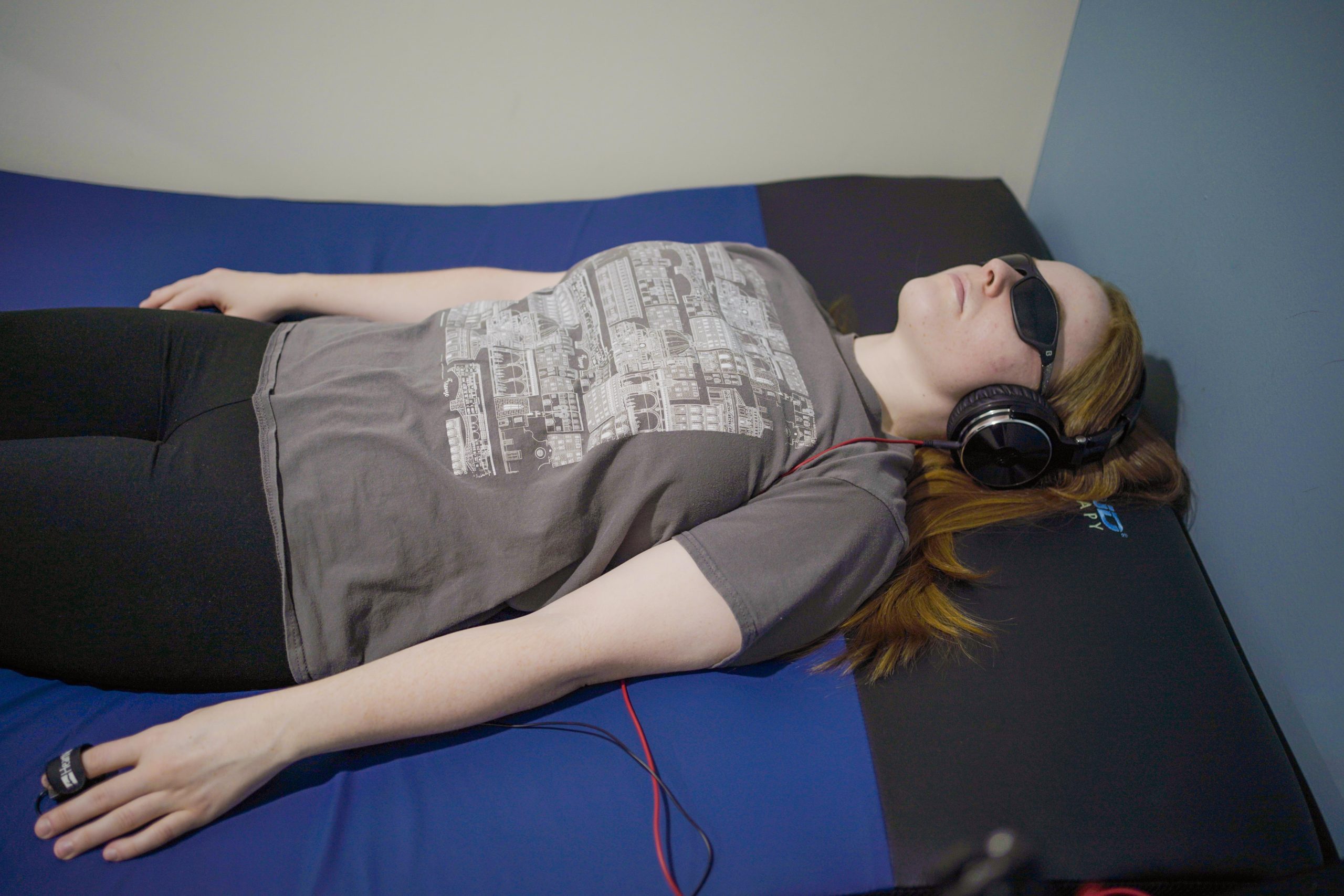Inpatient Options
Outpatient Options
- Partial Hospitalization Program (PHP)
- Intensive Outpatient Program (IOP)
- Counseling
Therapies Used
You have access to all proven, gold-standard therapies backed by science and trusted worldwide — as well as innovative and holistic options. The variety allows you to find what works best for you.
- Cognitive Behavioral Therapy (CBT)
- Dialectical Behavior Therapy (DBT)
- Mindful-Based Cognitive Therapy (MBCT)
- Acceptance & Commitment Therapy (ACT)
- Medication Assisted Treatment (MAT)
- Motivational Interviewing (MI)
- Psycho-Educational Therapy
- Trauma-Focused Therapies
- Experiential therapy
- Aftercare planning
Innovative Therapies
If standard treatment hasn’t worked for you, that doesn’t mean you can’t get better! Our advanced therapies go beyond what you’ve tried before with options not available at other treatment centers.

GeneSight is an advanced genetic test that shows how your genes affect medication response — taking out the guesswork for faster relief, fewer meds, and less frustration.

Spravato® is a fast-acting esketamine nasal spray for severe or treatment-resistant depression. With medical supervision, it can relieve symptoms within hours.

EMDR uses guided eye movements to rewire the brain’s response to distressing memories — healing trauma without talking through every detail.

TMS is a noninvasive, FDA-approved treatment that uses magnetic pulses to stimulate areas of the brain — improving mood, energy, and focus without side effects.

Biofeedback is a powerful, medication-free treatment that helps you learn to calm your nervous system and regulate your body’s response to stress, anxiety, and trauma.
Holistic Therapies
These therapies help your body and mind relax, reset, and reconnect after intensive therapy sessions. They also help unlock subconscious blocks you might not be able to reach with words alone.
- Chiropractic
- Art Therapy
- Reiki Therapy
- Acupuncture
- Music Therapy
- Massage Therapy
- Yoga & Meditation
- Equine Recreational Outings
- Recreational / Adventure Therapy
- Fitness and Nutrition (Registered Dietitian)
Continuing Therapies
Life can always bring new triggers and challenges. Ongoing support is key to staying well long-term — yet it’s something many treatment centers overlook.

A safe space for loved ones to get ongoing clinical advice, education, and support via text and call from a counselor who has been there.

Whether you need accountability or just someone to talk to, connect with a peer coach who understands and sticks with you for the long haul.
Therapies Backed By Expertise
Our medical and clinical leaders don’t just follow the research — they help shape it. Every therapy we offer is grounded in both science and empathy.

Dr. Michael Kane MD
Chief Medical Director
Double board-certified in Psychiatry & Family Medicine
Treating complex mental health needs for over a decade
Featured in 150+ publications including research journals
Truly listens to go beyond the symptoms with innovative therapies

Jackie Daniels LCSW
Director of Clinical Development
Masters-level clinically licensed therapist
20+ years of experience in mental health treatment
National speaker & mental health recovery advocate
Decades in recovery herself with relatable lived experience
The Comprehensive, Personalized Approach Really Works
My care team always had my best interest in mind. Every person I met treated me with respect, dignity, and support. When I left Indiana Center For Recovery, my care did not end either.
They offer a unique combination of traditional treatments with holistic approaches and flexible programs that make recovery more accessible. The Indiana Center truly cares about the overall wellness of their patients.
Big thanks to everyone there for the healthy and positive change you have given me that has put so much happiness back in my life.
All Therapies Are Usually Covered By Insurance
Mental health treatment here are usually covered by insurance to keep any cost to you as low as possible — sometimes even zero. No one will be notified if you reach out now to check your policy. And, there’s no commitment.
Verify Your Insurance











 100% Confidential
100% Confidential